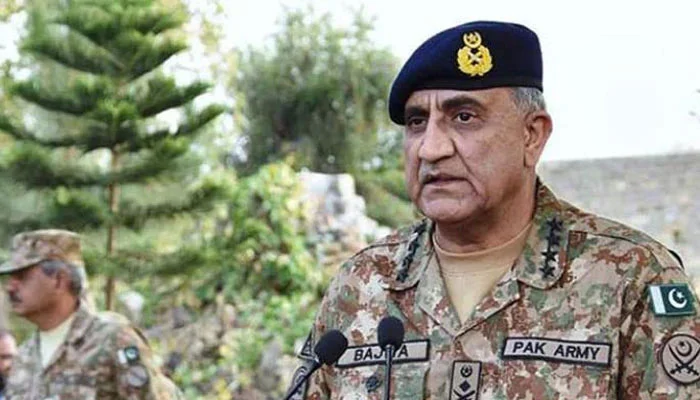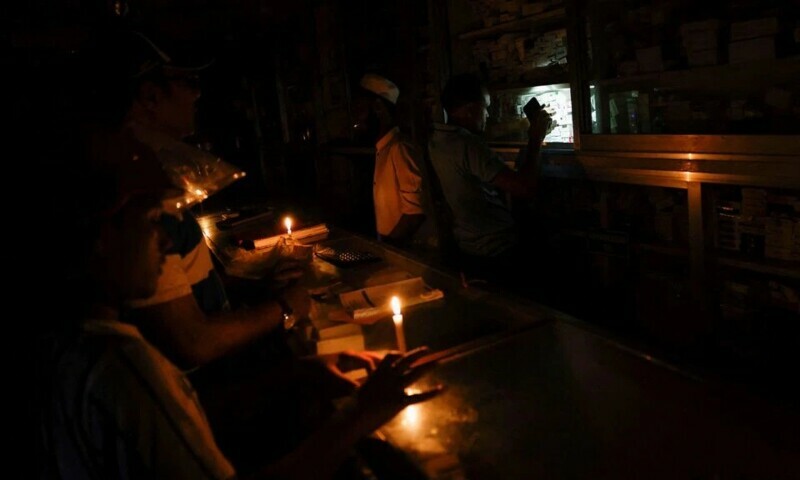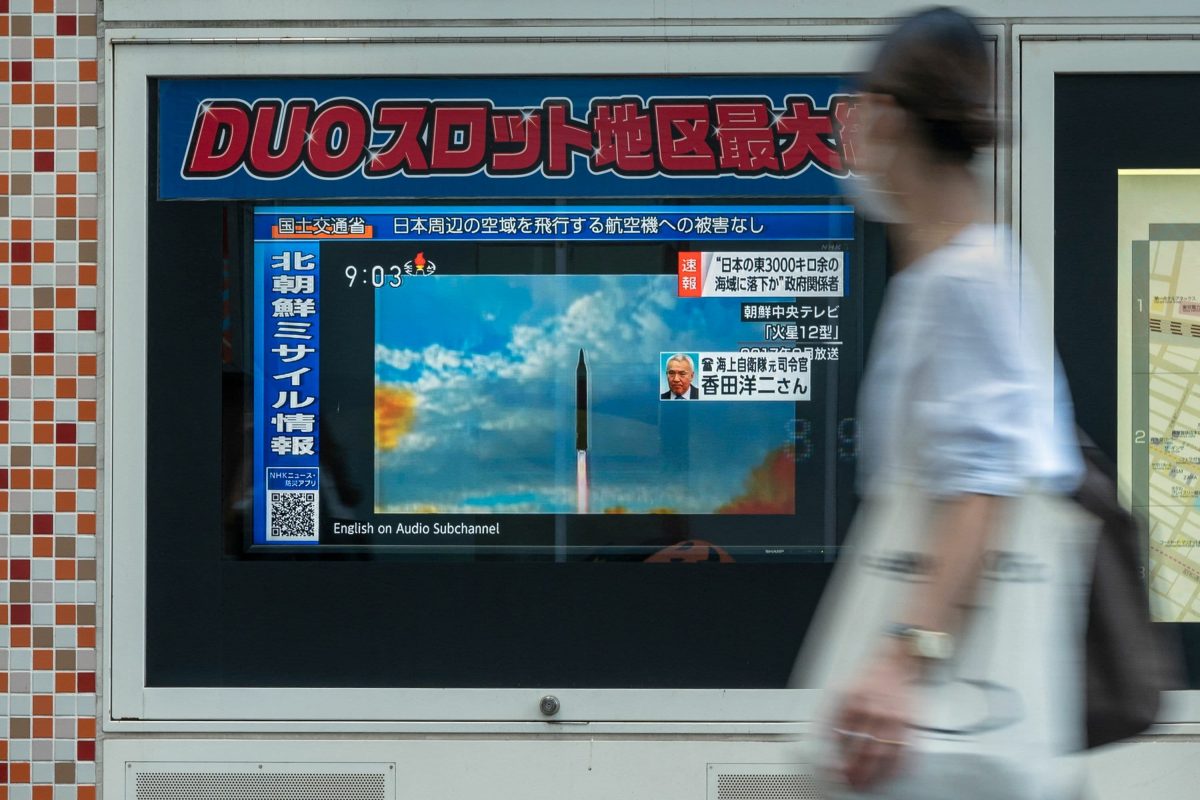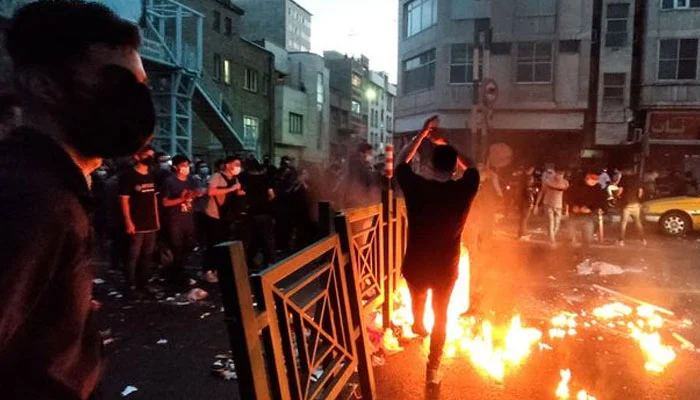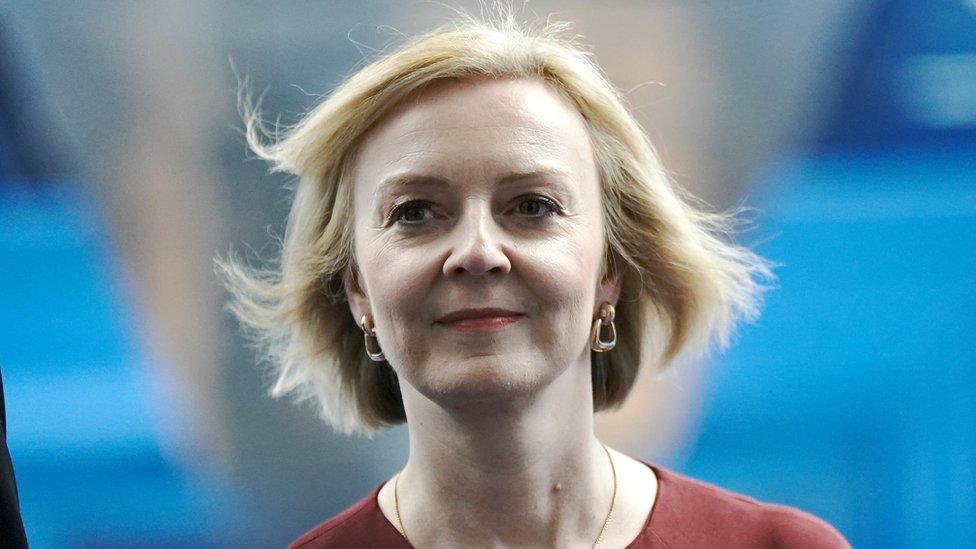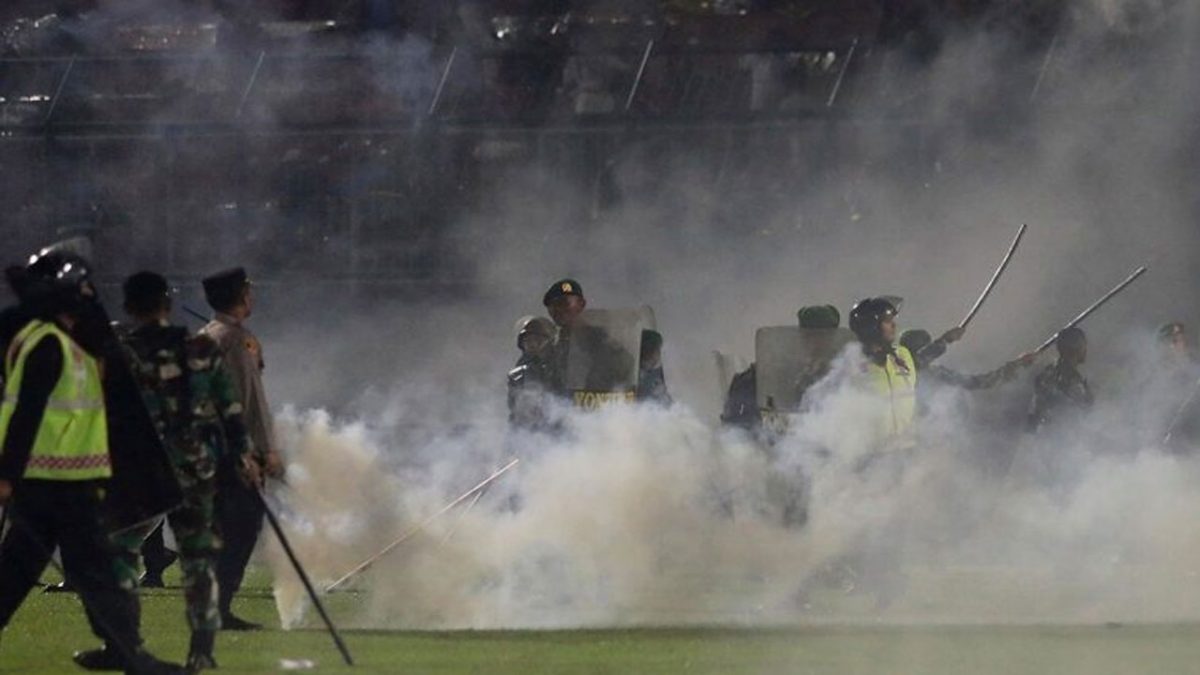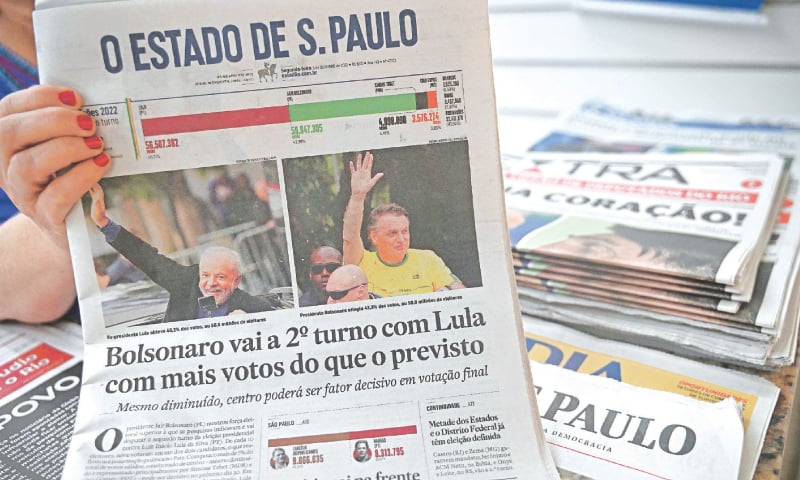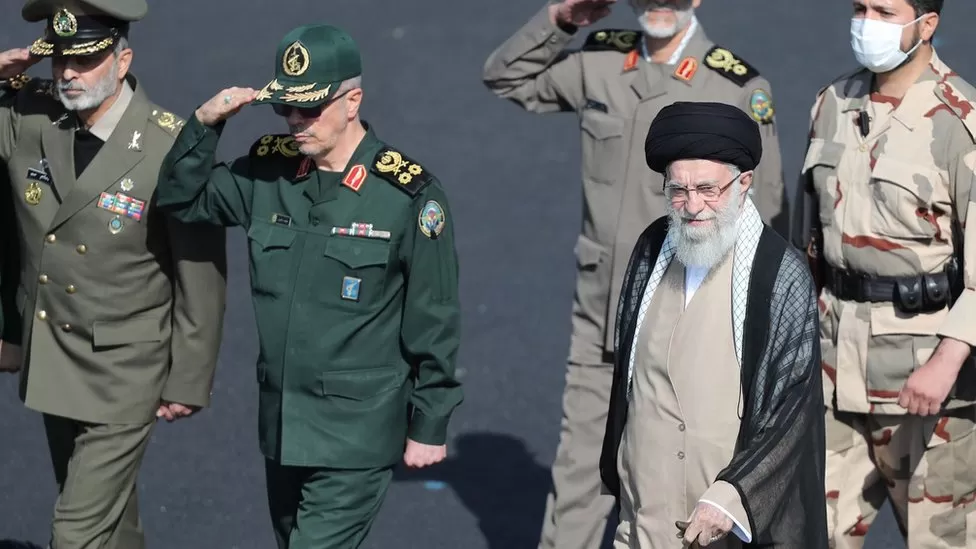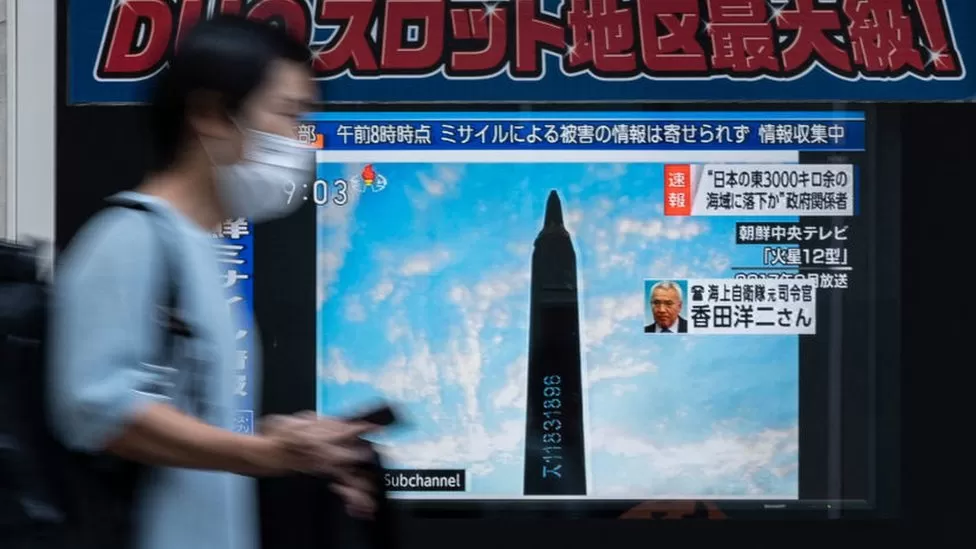The armed forces have distanced itself from the politics and want to stay out of it in the future as well, Chief of Army Staff (COAS) General Qamar Javed Bajwa said.
The statement came during the army chief’s address at a luncheon at Pakistani embassy in Washington.
Gen Bajwa also reiterated his resolve to leave after the completion of his term as the army chief this November.
“There could be no diplomacy without a strong economy,” said the army chief. He further stated that the nation cannot achieve its targets without a strong economy.
“Restoring the ailing economy of the country should be the priority of every stakeholder of the society,” Gen Bajwa said.
Gen Bajwa discusses regional security with US officials
The COAS is currently on a visit to the United States, where he called on US Defence Secretary Lloyd Austin, National Security Adviser Jacob Sullivan, and Deputy Secretary of State Wendy Sherman.
Matters of mutual interest, regional security situation and bilateral cooperation in various fields were discussed during the meetings, the ISPR said.
General Bajwa also told the US officials that assistance from Pakistan’s global partners was vital for the “rescue and rehabilitation” of flood victims. He also thanked the US officials for their support for the flood relief in Pakistan.
Both sides agreed that Pakistan and the US had a long history of bilateral cooperation and both countries shall continue to improve their economic and trade ties apart from looking for investment avenues.
General Bajwa also offered heartfelt condolence on the deaths and devastation in the US state of Florida due to Hurricane Ian, the statement said. Pakistan fully understands the loss and pain of families as the country itself is facing drastic effects of climate change, added the statement.
“Both sides had convergence on major international issues including Afghanistan and need for cooperation to avoid humanitarian crisis and improving peace and stability in the region,” the statement said.
The US department of defence, in a readout, simply said that Austin’s meeting with the army chief was held “during the 75th anniversary of relations between the United States and Pakistan”.
“This long-standing partnership continues today with discussions focused on opportunities to address key mutual defense interests,” said readout.
General Bajwa held these scheduled meetings with senior officials of the Biden administration as he began the second leg of his US visit yesterday.
The army chief arrived in the US on September 30 and met with the UN officials in New York.
General Bajwa is heading a delegation that will stay in the US for another couple of days, diplomatic sources said, terming the visit an important one that portrayed “robust relations” between the two countries.


